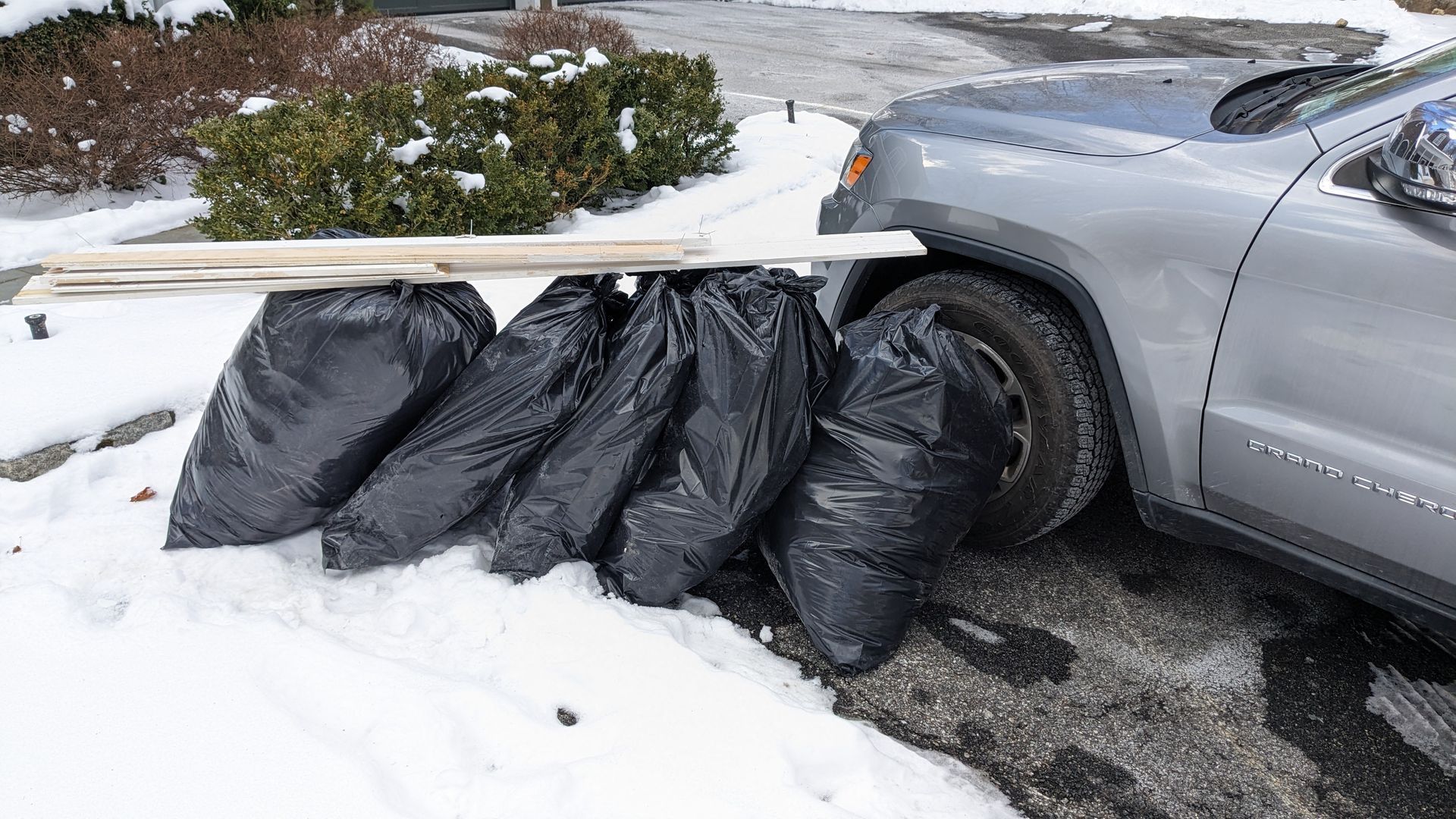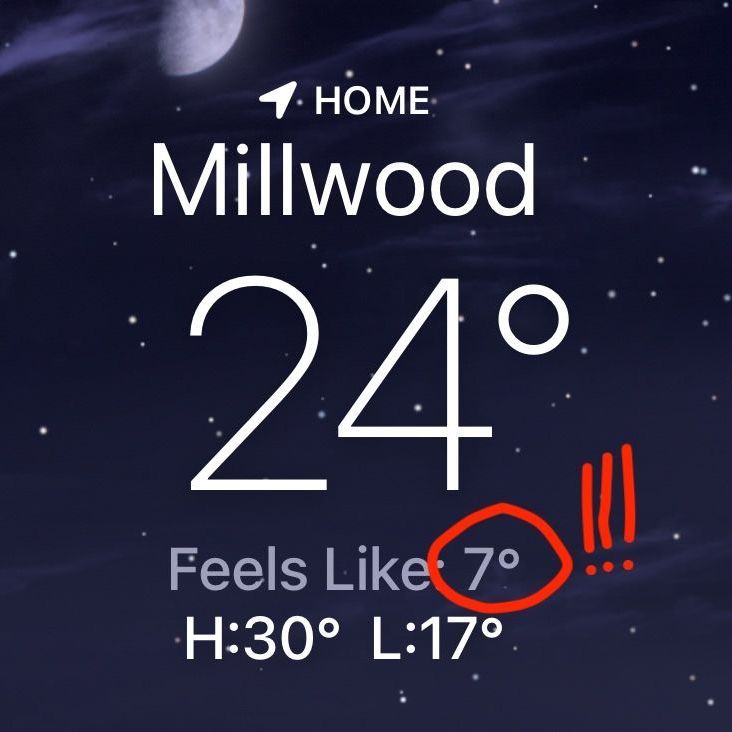What's In Your Water? Understanding Westchester’s Water Quality
Knowledge and tips for the water in your home
We hear this one a lot, especially from new parents: “Is my home’s water safe for my kids to drink?”
It’s a good question—and a timely one. In Westchester County, NY where many of Rafter’s members are located, there’s been increasing concern over rising chloride levels in the municipal water supply. Most homes in Westchester receive their water from the same reservoir system that supplies New York City.
The culprit? Road salt. And while that might sound like a winter maintenance issue, it’s showing up at your kitchen sink.
So let’s walk through what’s going on, what it means for your home, and how we can help.
A Salty Situation
The New Croton Reservoir—part of the larger Croton Watershed, which also includes the Amawalk Reservoir—has shown steadily increasing chloride concentrations over the years. Public studies trace this trend back to road salt runoff, which enters local water systems through stormwater and soil.
The problem isn’t overuse—it’s overdevelopment. More roads, more traffic, and more winter events mean more salt. That salt washes into the watershed, raising the salinity of the water.
Elevated chloride levels don’t pose an immediate health risk, but over time they can contribute to health issues like high blood pressure, corrosion in plumbing, and unpleasant taste or odor. In fact, if trends continue, some projections suggest parts of the reservoir system could require costly upgrades—or even decommissioning—in the decades ahead. (Source)
That said, Westchester’s municipal water is still safe to drink and is regularly monitored by both local utilities and the state. The recent data doesn’t indicate an emergency—just a long-term trend that’s worth paying attention to.
Can It Be Filtered Out?
Here’s where things get a little tricky: chloride is not easily filtered out using standard home systems.
- Fridge or pitcher filters are helpful for basic taste and odor improvement, but they won’t touch chloride.
- Under-sink filters can address some contaminants, like sediment or lead, but only
reverse osmosis systems are effective at reducing chloride and other dissolved salts.
- Whole-home filtration systems can improve overall water quality—especially for well water—but are typically not configured to handle chloride unless specifically designed to do so.
So if you’re dealing with general water quality concerns (taste, odor, sediment, lead), these filtration options can help. But if chloride is the issue, a reverse osmosis system under the sink is likely your best bet.
The Home Side of the Story
Depending on whether your home uses municipal water or a private well, your water quality concerns—and your responsibilities—will be different.
Homes on municipal water benefit from regular testing and oversight by local governments. For example, the Westchester County Department of Health conducts frequent water quality monitoring and publishes reports. But even so, problems can arise inside your home. One of the most common concerns we hear about is lead, which can leach into drinking water from aging pipes and fixtures. To get started, there are basic at home lead tests that Rafter can help our members use for an initial test.
For homes on well water, the equation changes. Homeowners are responsible for testing and maintaining their system, and quality can vary widely. The EPA recommends testing well water at least once a year for bacteria, nitrates, and other contaminants—Rafter is here to help ensure your testing is performed regularly.
A Resource Worth Appreciating
While it’s important to monitor emerging issues like chloride or lead, it’s also worth recognizing how fortunate we are in this part of the country. Westchester benefits from one of the most reliable municipal water supplies in the U.S.—fed by a protected watershed system that supplies millions of New Yorkers.
By contrast, nearly 40 U.S. states expect water shortages in the next decade. It’s a reminder that clean, abundant water is a privilege—and one worth safeguarding.
So, What Should You Do?
- If you're on municipal water, check your town or county’s annual water quality report. It’s public and easy to access online.
- If you’re concerned about lead, chloride, or general water quality, we can help you figure out what kind of filtration (if any) makes sense.
- If you’re feeling overwhelmed, your Rafter Home Advisor is always available to talk it through.
You may have heard about the chloride issue in the news. Let Rafter help you separate fact from fear—and take practical steps to make sure your home’s water is as safe, clean, and healthy as it should be.







